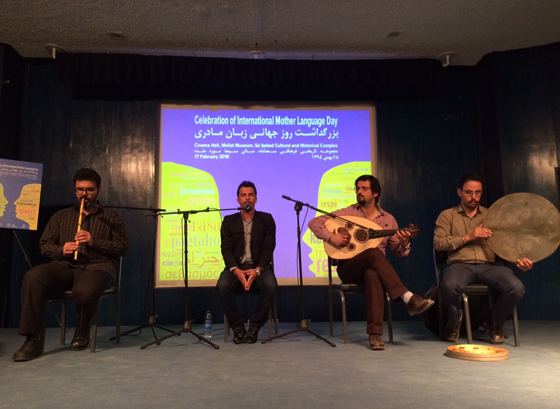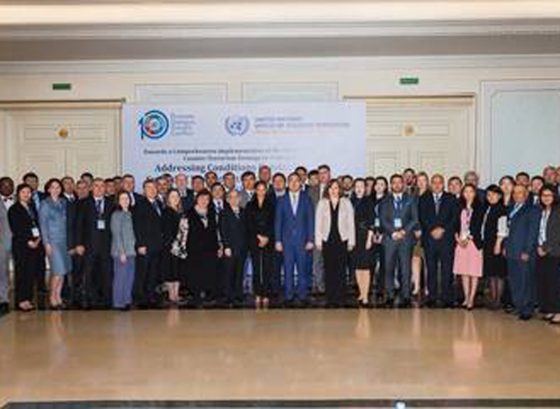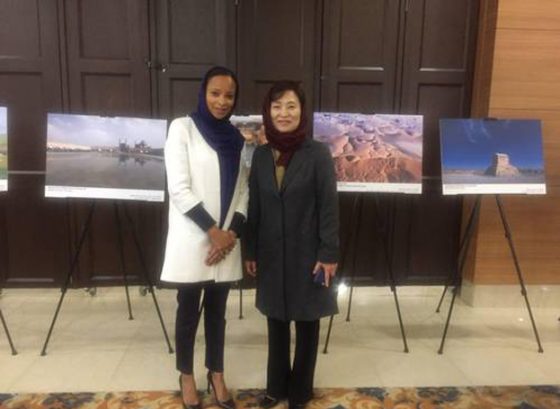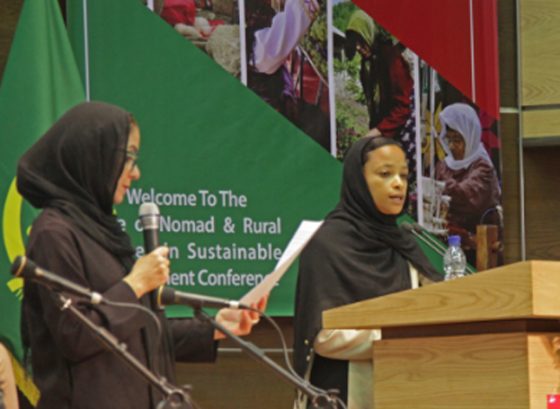UNESCO celebrates International Mother Language Day

“Mother languages in a multilingual approach are essential components of quality education, which is itself the foundation for empowering women and men and their societies”, AVA Diplomatic reports.
We must recognise and nurture this power, in order to leave no one behind, to craft a more just and sustainable future for all.” Irina Bokova,UNESCO Director General On 17 February 2016, the UNESCO Tehran Cluster Office in cooperation with Sa’adabad Cultural and Historical Complex, Tehran ICH Center and the Iranian National Commission for UNESCO celebrated the “International Mother Language Day” in Tehran. The event was attended by representatives of Diplomatic Missions in Iran, United Nations agencies, university scholars and other guests, including artists.
During his welcoming speech Dr. Mansourzadeh, Head of Sa’adabad Cultural and Historical Complex, underlined the importance of mother language for the transmission of knowledge and information.
Ms. Kuisch-Laroche, Director and Representative of the UNESCO Tehran Cluster Office, talked about the importance of mother language in the transmission of intangible cultural heritage. “Mother language is a carrier of values and knowledge, very often used in the practice and transmission of intangible cultural heritage. The spoken word in mother language is important in the enactment and transmission of virtually all intangible heritage, especially in oral traditions and expressions, songs and most rituals”, she said.
The UNESCO Representative also spoke of UNESCO’s efforts to promote multilingualism as an essential component of quality education, and to increase linguistic diversity on the Internet. “Increasingly, information and knowledge are key determinants of wealth creation, social transformation and human development. Language is a primary vector for communicating information and knowledge. Therefore, the opportunity to use one’s language on the Internet will determine the extent to which one can participate in emerging knowledge societies. However, many languages are not yet present on the Internet. There is a vast linguistic divide, which exists in cyberspace today and this will only exacerbate the digital divide. Speakers of non-dominant languages need to be able to express themselves in culturally meaningful ways, create their own cultural content in local languages and share through cyberspace.”
During the event there were several cultural performances from the Shahsavan tribe including traditional lullabies, songs related to traditional games, and storytelling. The event ended with a musical performance by the Sahi Music Band.




